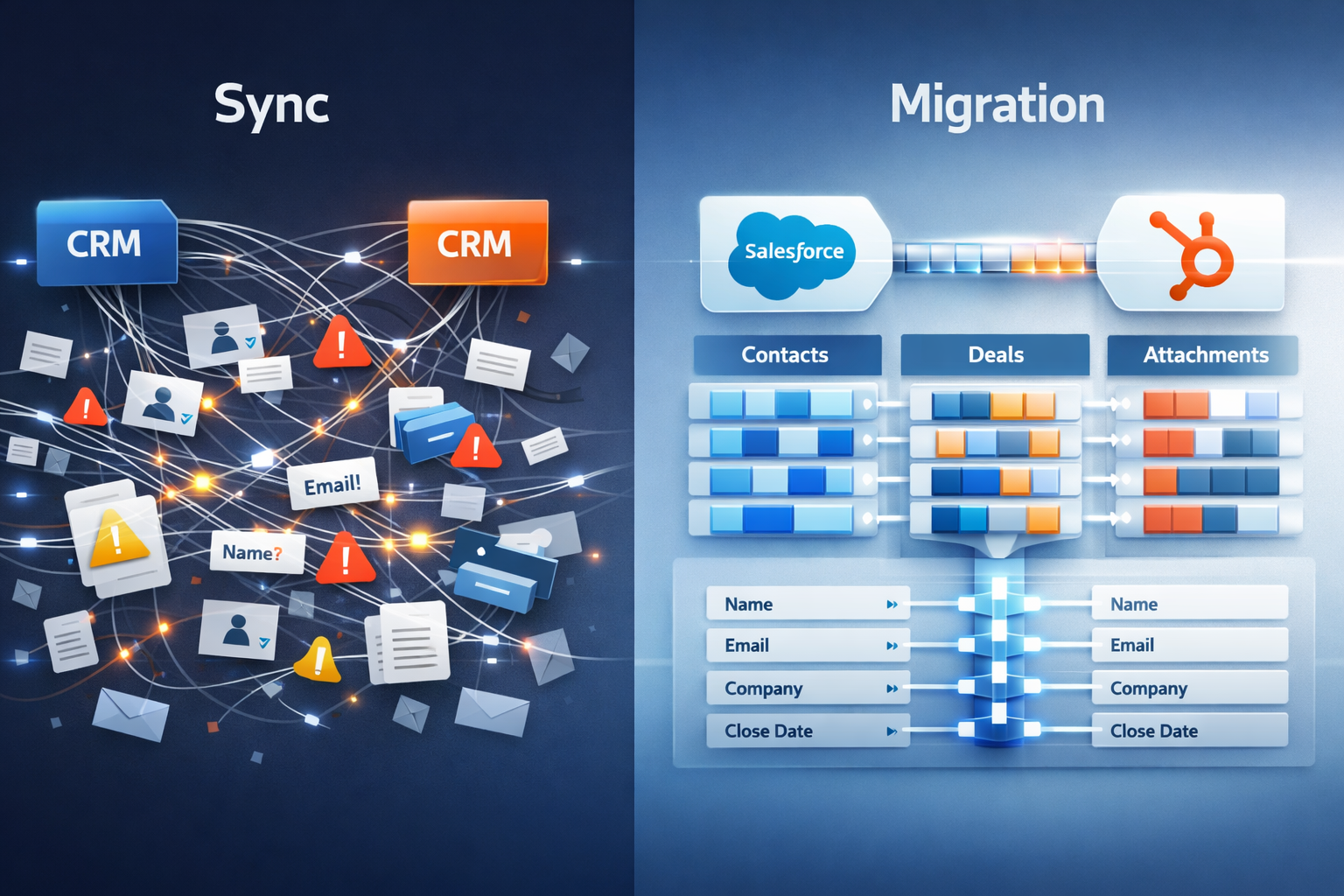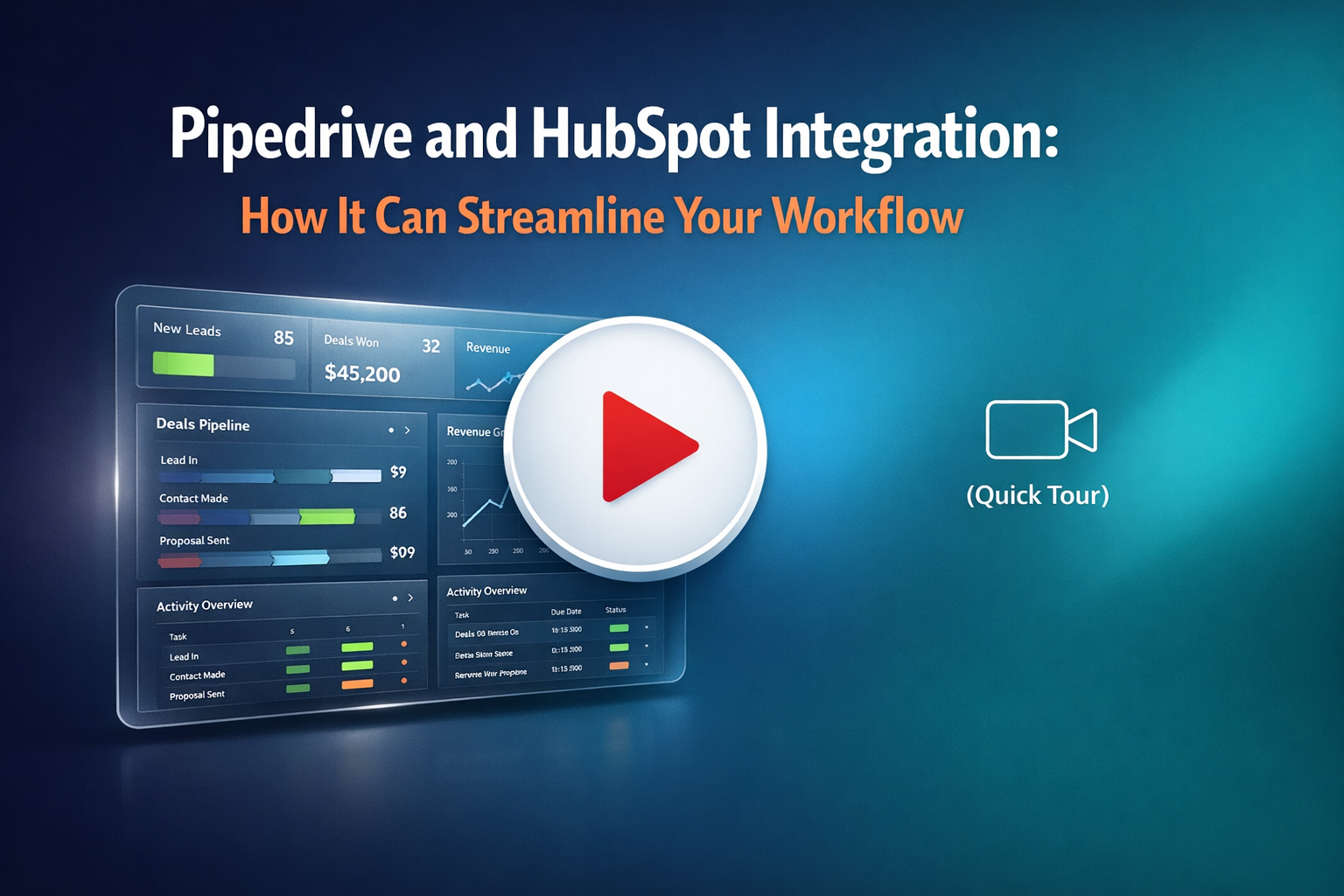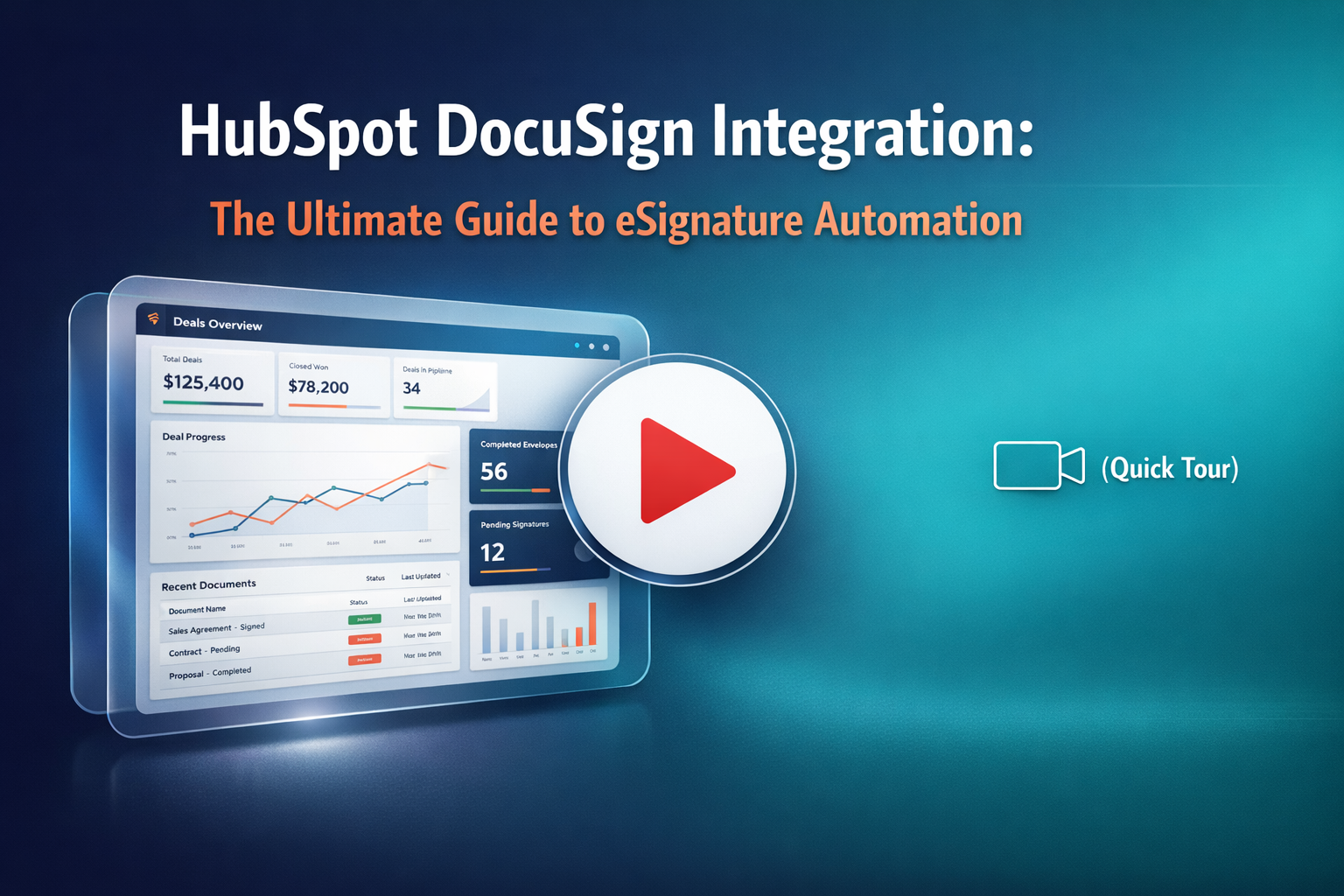Introduction
When businesses embark on a data migration project, the task of transferring large volumes of data from one system to another can be daunting. Many organizations consider handling the process internally, assuming it will save them time and money. However, the reality is that utilizing a data migration platform and enlisting the expertise of a data migration specialist can offer significant advantages, ultimately saving hours, and costs, and avoiding potential pain. In this article, we will explore the reasons why opting for a data migration platform and specialist is a wise investment for businesses.
1. Expertise and Experience
Data migration is a complex process that requires in-depth knowledge and experience to ensure a successful transition. Data migration specialists have expertise in handling various data structures, mapping, and transforming data, and resolving any potential issues or challenges that may arise during the migration. Their experience allows them to anticipate potential pitfalls and implement best practices, ultimately saving time and reducing the risk of errors.
2. Efficient Project Management
Data migration projects can be time-consuming and resource-intensive, requiring careful planning, coordination, and execution. Data migration specialists are skilled project managers who can efficiently manage the entire process, from scoping and mapping to testing and validation. Their expertise ensures a streamlined and organized approach, saving countless hours that would otherwise be spent on trial and error.
3. Mitigating Risks
Data migration carries inherent risks, such as data loss, corruption, or inconsistencies. Data migration specialists employ robust strategies and tools to mitigate these risks effectively. They perform thorough data validation and testing, ensuring the integrity and accuracy of the migrated data. By avoiding costly mistakes and minimizing potential disruptions, businesses can save significant resources regarding time, effort, and financial losses.
4. Seamless Data Transformation:
Data migration often involves transforming data from one structure to another, mapping fields, and ensuring data compatibility between systems. Data migration platforms equipped with advanced mapping capabilities can automate much of this process, reducing the need for manual data manipulation. Data migration specialists understand the intricacies of data transformation and leverage the platform's features to ensure a seamless and accurate migration.
5. Focus on Core Business Activities:
Attempting a data migration project internally can distract businesses from their core activities. It requires extensive time and resources, diverting attention away from revenue-generating tasks and strategic initiatives. By outsourcing the data migration process to specialists, businesses can stay focused on their core business objectives while ensuring a smooth transition of their data.
9. Cost Savings
Trujay's tool provides valuable insights into the utilization of custom fields created in the source CRM. Businesses can assess the usage percentage for each custom field, enabling them to make informed decisions regarding field modifications, deletions, or merges. This feature helps optimize the data structure and streamline processes within the target CRM system.
Conclusion
Opting for a data migration platform and enlisting the expertise of a data migration specialist is a strategic decision that offers numerous benefits to businesses. By leveraging the knowledge and experience of specialists and utilizing robust migration platforms, organizations can save hours, reduce costs, and avoid the pain associated with DIY data migration. Seamless data transformation, efficient project management, and risk mitigation are just a few advantages of relying on experts in the field. Ultimately, investing in a data migration platform and specialist empowers businesses to focus on their core activities while ensuring a successful and stress-free migration process.
-1.png)







